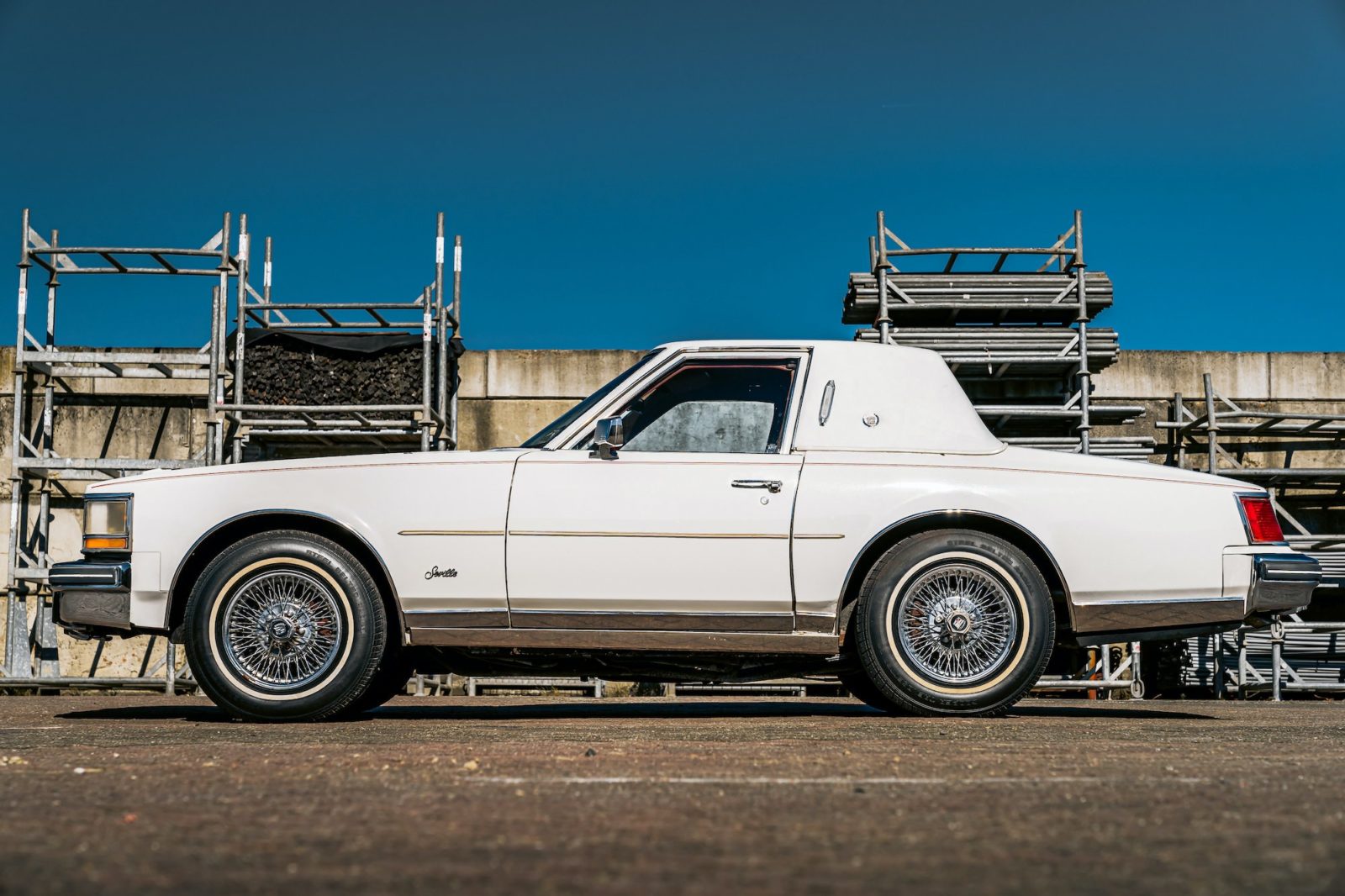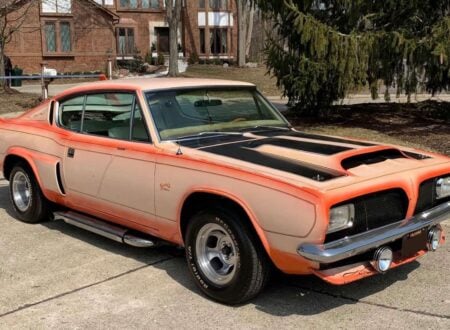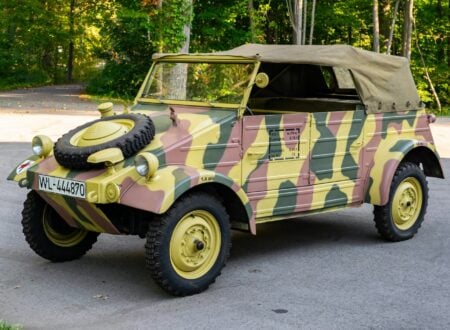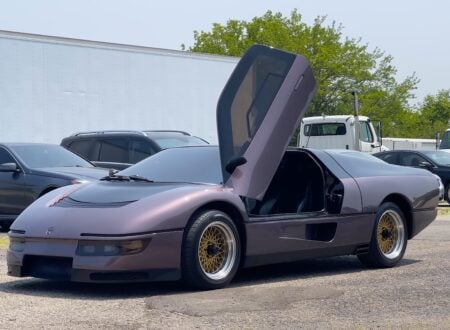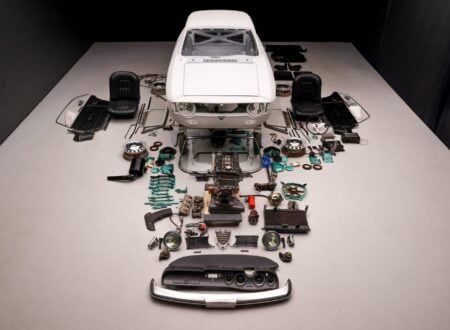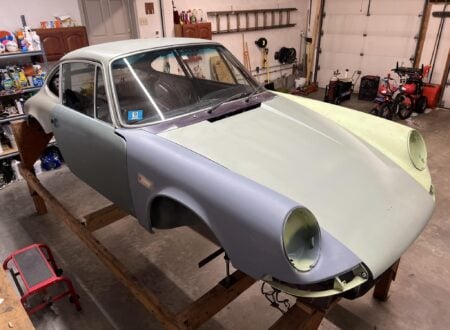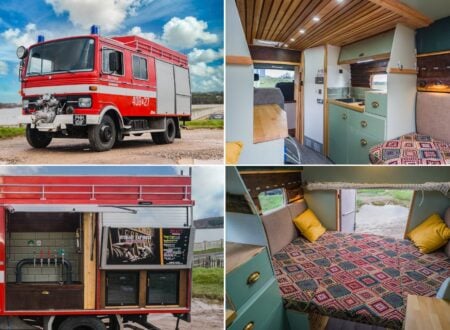The Cadillac Seville Milan coupe was a car that was built in very limited numbers by a private specialist company in California called Milan Coach Builders Inc.
Each Milan started life as a four-door Cadillac Seville, it was then chopped and shortened so that its 114 inch wheelbase became 96 inches. The goal was to compete with the likes of the Mercedes-Benz R107 SL, but success was limited and only 500 or so are thought to have been made.
Fast Facts – The Cadillac Seville Milan Coupe
- The Cadillac Seville Milan Coupe was the brainchild of Milan Daniel, he believed that the Cadillac Seville could be turned into a luxurious short wheelbase coupe and that people would buy them.
- The styling of the Milan coupe was somewhat controversial. Many believed it was shortened too much and looked awkward, there were also some safety concerns about the car and its much lighter rear end.
- Approximately 500 examples of the Cadillac Seville Milan were built by Milan Coach Builders Inc., they also provided kits to other company who wanted to do their own conversions, though it’s not known how many kits were sold.
- The Milan coupe kept the engine and transmission of the Seville that it was based on, as well as all the refinements including options like air-conditioning, cruise control, electric windows, and opulently proportioned seats.
Cadillac’s Answer To Mercedes And BMW
The Cadillac Seville was developed and built as a direct answer to the increasingly popular vehicles being sold in the United States by Mercedes-Benz and BMW.
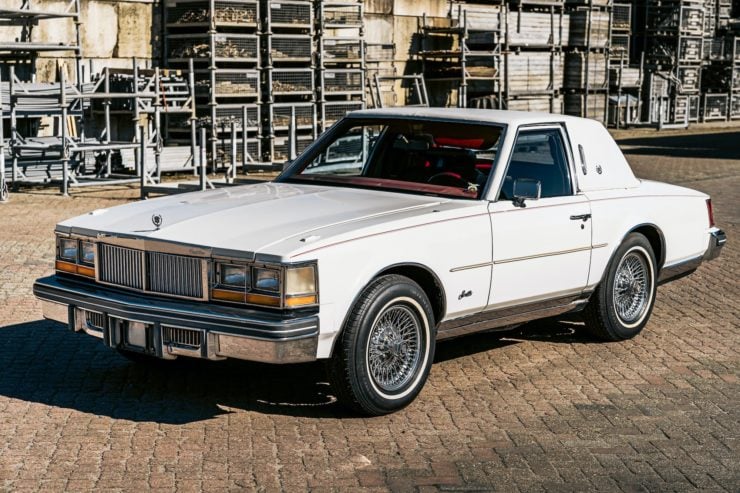

Cadillac had long been once of America’s permanent luxury car builders, but a new generation of luxury cars coming out of German proved that many American consumers didn’t want land yachts, they wanted cars with all the bells and whistles that were easy to drive and easy to park.
Cadillac Seville Specifications
The Seville was built with unibody construction rather than the more traditional body-on-frame construction, and it used a bolt-on subframe with a rear suspension based on the 1968–74 X-body platform.
Power was provided by an Oldsmobile-sourced 350 cubic inch (5.7 liter) V8, unusually for the era it was fitted with a Bendix/Bosch electronically-controlled fuel injection system. This engine produced 180 bhp resulting in a 0-60 mph time of 11.5 seconds (reasonable for the era), power was sent to the rear wheels via a 3-speed TH-400 Turbo-Hydramatic automatic transmission.
The Seville offered gas mileage of 17 mpg in the city and 23 mpg on the highway – these numbers were remarkable for a Cadillac, as many of the Seville’s forebears had single digit mileage figures. Interestingly Cadillac introduced a diesel V8 version of the car in 1978.
The sharper lines of the car combined with the Rolls-Royce Silver Shadow-inspired front end and the smaller overall size resulted in it being popular with buyers in the USA, but perhaps not quite enough to tempt people en masse away from their German sedans.
The first generation of the Cadillac Seville would remain in production from 1976 until 1979. It was deemed a success by Cadillac, both Lincoln and Chrysler responded with similar cars of their own, resulting in the Lincoln Versailles and the Chrysler LeBaron.
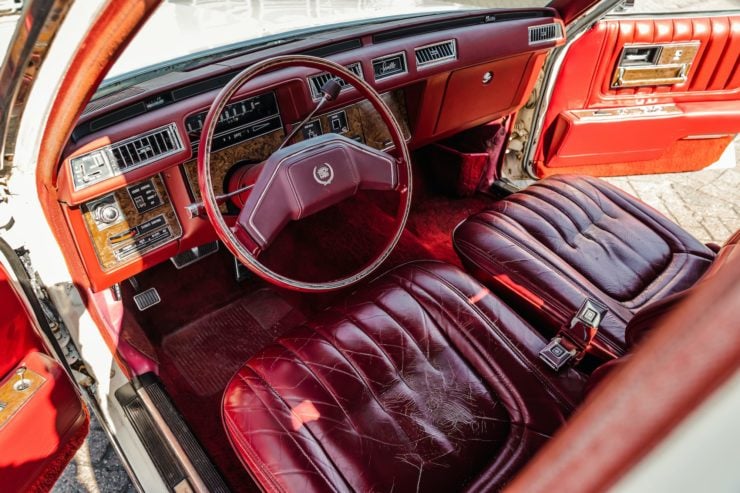

The second generation Seville was built from 1979 to 1985, the front end was broadly similar to the earlier model but the car featured razor-edged bustle-back rear styling.
The Cadillac Seville Milan Coupe
The Cadillac Seville Milan coupe was introduced in 1976 to fulfill demand for a shorter wheelbase two-door version of the new Cadillac.
The plan was to compete with the European luxury coupes like the Mercedes-Benz R107, the BMW E24, and the Jaguar XJ-S.
The primary change that was applied to all cars was also the most obvious – the body was chopped and the wheelbase shorted from 114 inches to 96 inches. This 18 inch change resulted in the rear set of doors disappearing and the roof shortening noticeably.
Much has been said about the aesthetics of the change, not much of it complimentary, however over 500 people liked the conversion enough that they laid out up to $15,000 USD to have it done – on top of the cost of a new Cadillac Seville.
Some Cadillac dealers offered the conversion service to new car buyers and as a result some where sold off dealership showroom floors, however General Motors never condoned this or encouraged it.
Demand for new Milan coupes was such that at one point, Milan Coach Builders Inc. was producing 100 – 125 of them per year at a rate of up to 10 per month at their facility in Simi Valley, California.
Unable to keep up with demand they developed kits that could be applied by other companies, and conversions were also done on the East Coast and in Mexico.
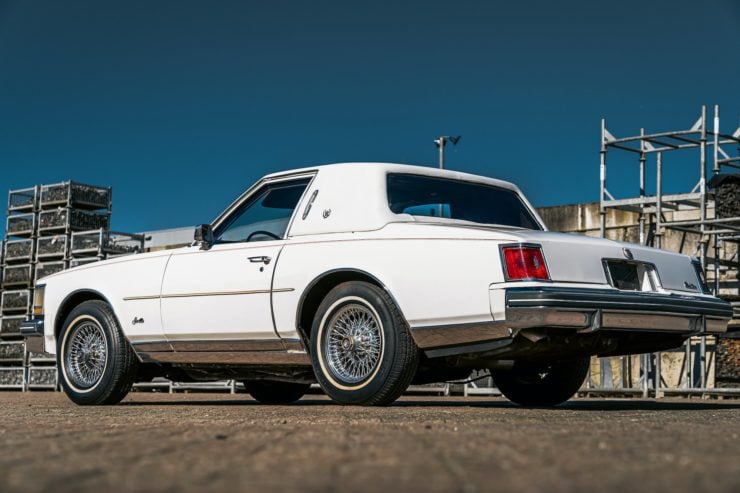

Today there’s a committed community of Seville Milan owners dedicated to keeping the cars on the road and providing information and other resources to owners. Love them or loathe them, they’re a microcosm of their age.
The 1979 Cadillac Seville Milan Coupe Shown Here
The car you see here is a 1979 Cadillac Seville Milan coupe, from the final year of production.
It was originally delivered on the 22nd of June 1979, finished in white over a red leather-trimmed interior with contrasting wood veneer. It was ordered with electrically windows and seats, cruise control, climate control, and automatic “Sentinel” lights.
As you would expect the car is powered by the correct 350 cubic inch (5.7 liter) V8 which is sending power to the rear wheels via the reliable 3-speed TH-400 Turbo-Hydramatic automatic gearbox.
This car is now for sale, it’s accompanied by its original owner’s manual, warranty card, historic registration certificates, some spare parts, a jack, spare wheel, and four keys.
If you’d like to read more about it or register to bid you can click here to visit the listing on Collecting Cars.
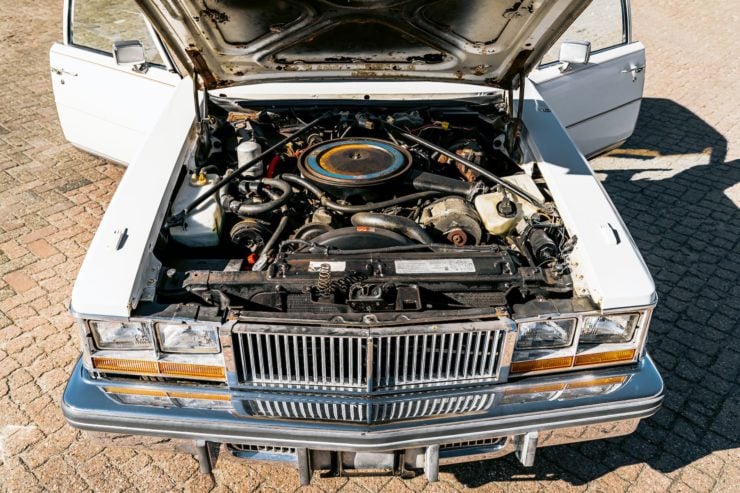
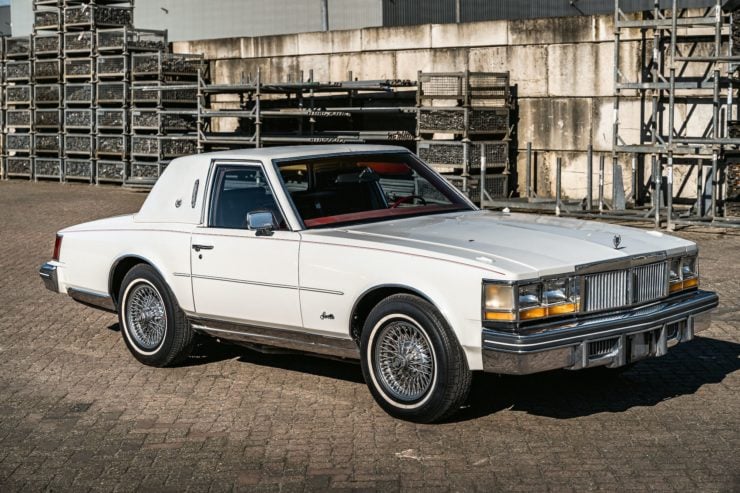
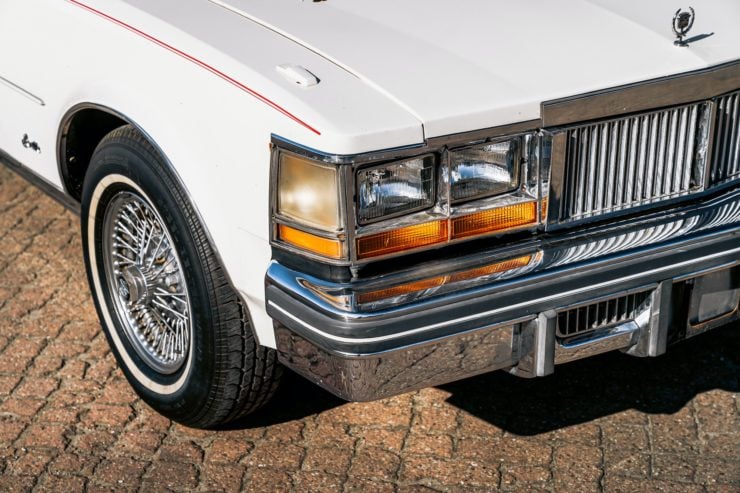
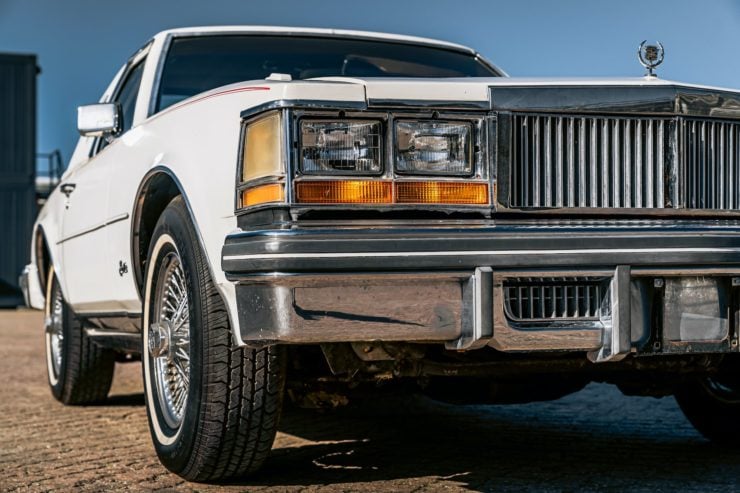
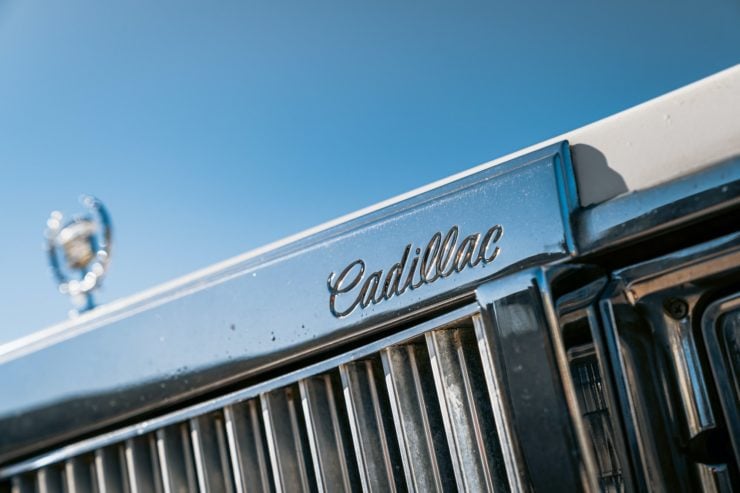
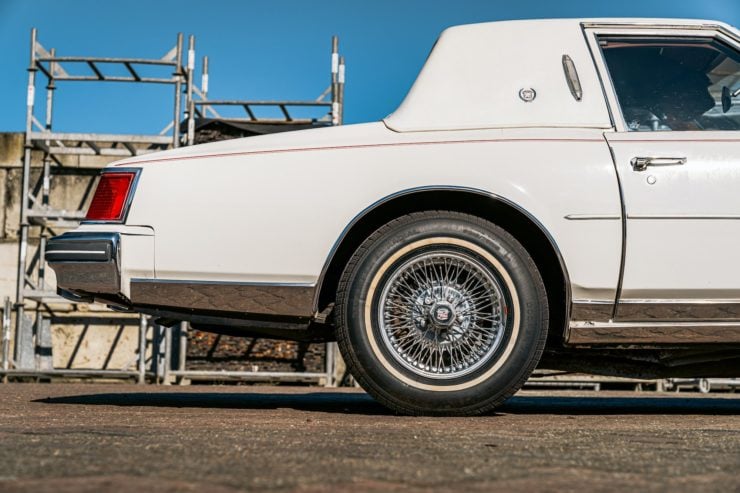
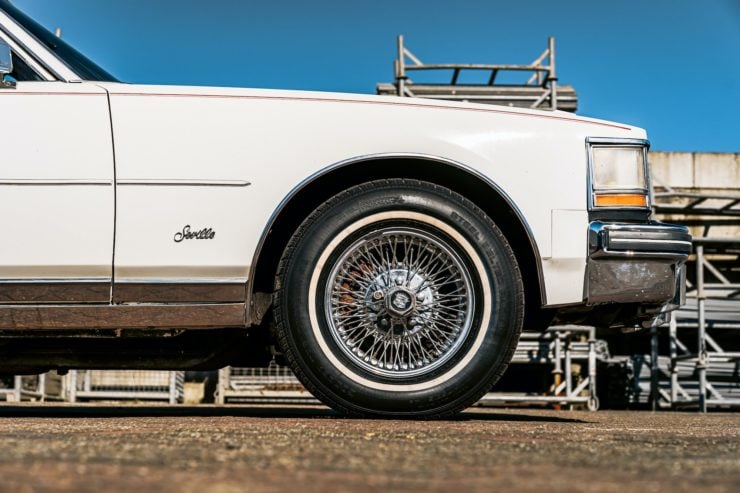
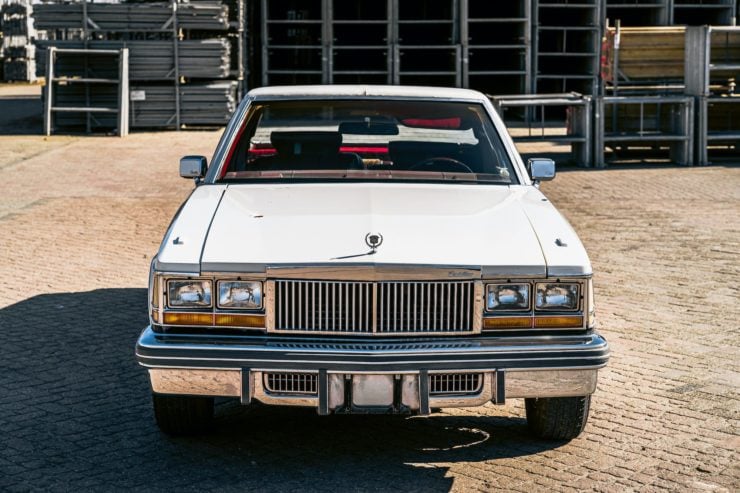
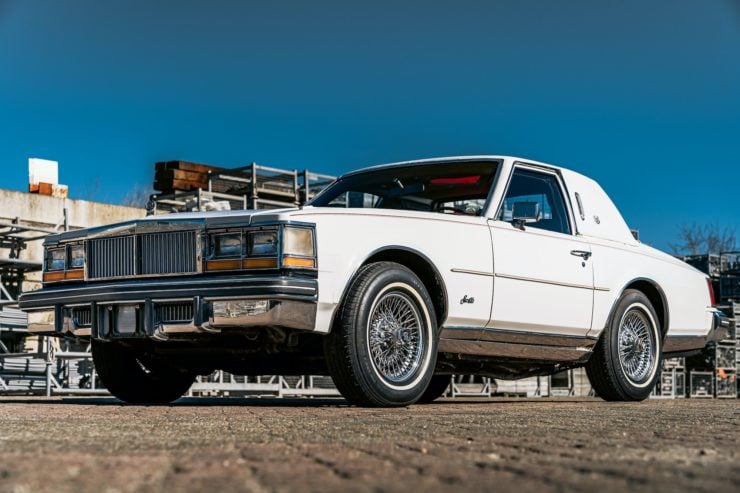
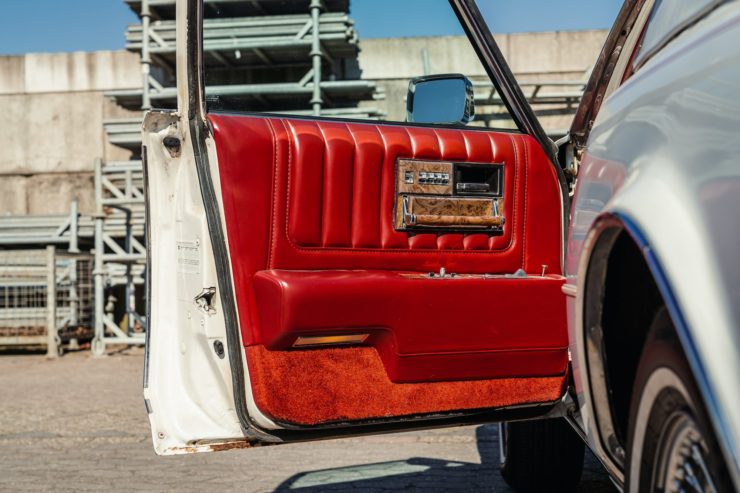
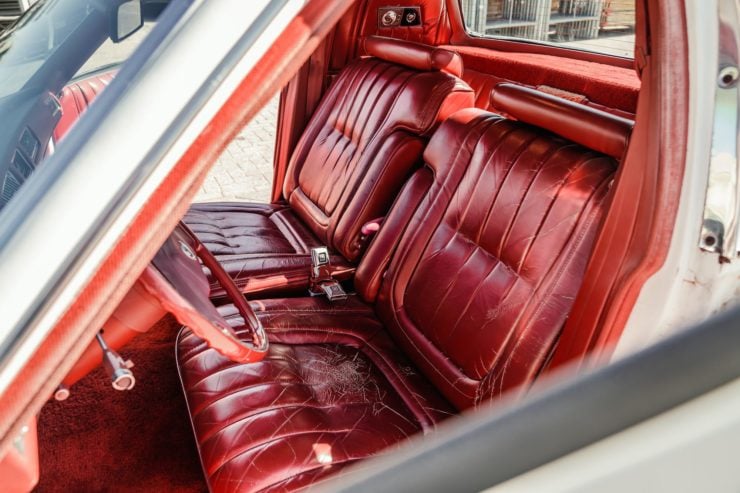
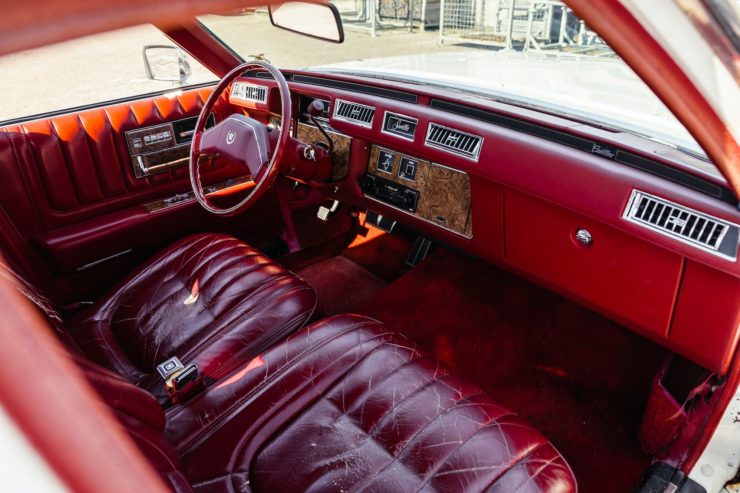
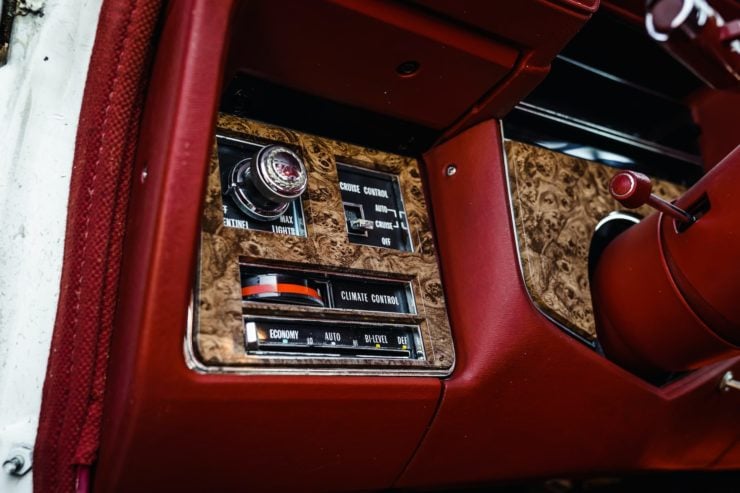
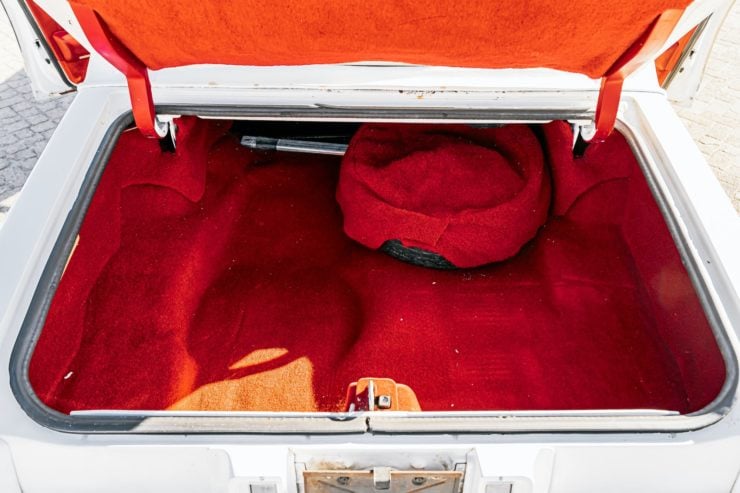
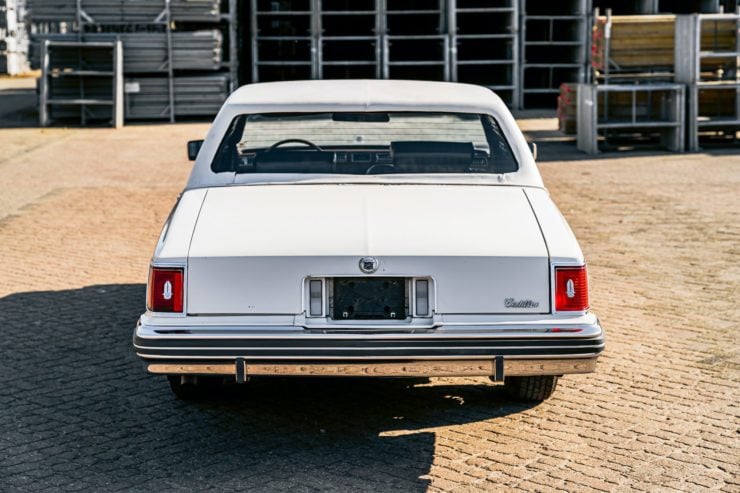
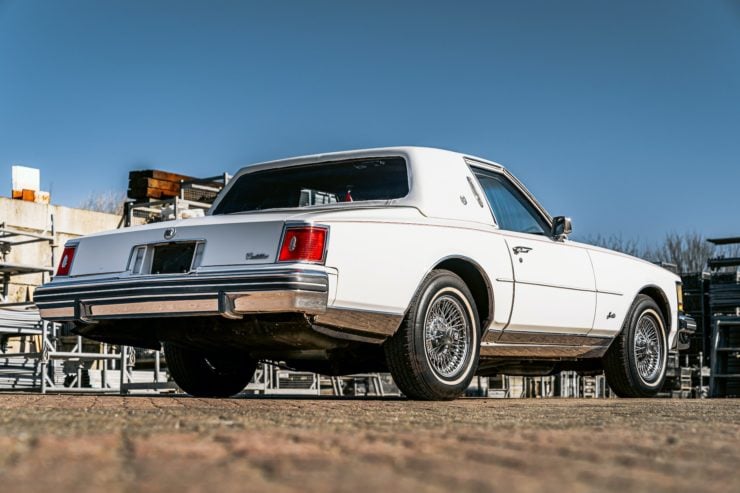
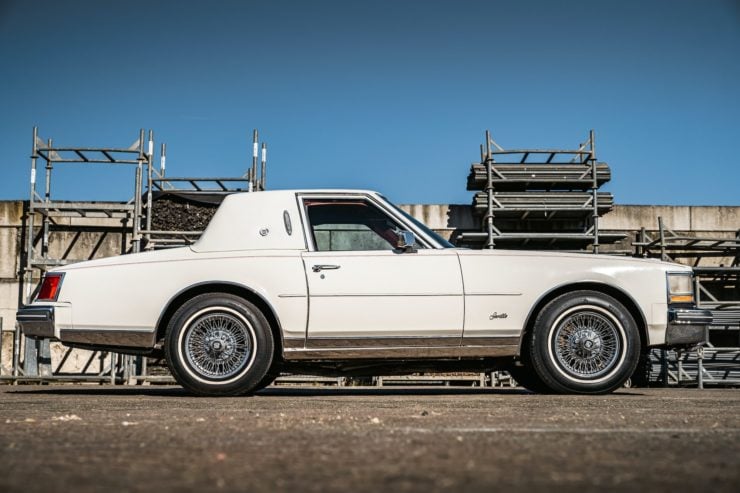
Images courtesy of Collecting Cars

